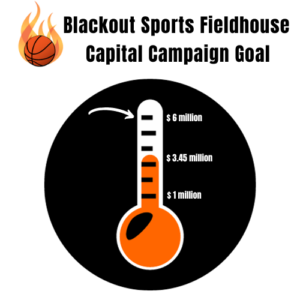Pre-game jitters aren’t always in the form of excitement. The days leading up to a big game can also cause a lot of stress. To get the most from each player, parents and coaches need to know their varying personalities, but there are also a few things they can do to help any kid feel prepared and show up strong on game day. Our experts at Children’s Hospital Colorado explain in more detail:
It’s important for young athletes not only to prep physically for game day, but also to mentally prepare themselves. As a coach or parent, take time to make sure the team or individual athlete is thinking about the upcoming game, performance or meet.
Some players on the team might have game day anxiety or struggle to focus, which can negatively affect their performance. It is crucial for a coach to know each player’s personality and structure the practices and drills accordingly. It’s their job to assess the team and decide how much practice time will be devoted to recreating the actual game environment.
We spoke with Mimi Renaudin Babcook, a physical therapist in our Sport Medicine Center, to understand why mental preparation is important and get tips and tricks on how to help athletes be prepped for game day.
How young athletes benefit from mental preparation
It may seem like a no-brainer that mental toughness plays a role in sports, but athletes, parents and coaches often focus solely on the physical side. Only building physical toughness isn’t enough, especially for non-traditional team sports.
Along with being a better athlete, mental preparation can also help to:
- Build confidence
- Manage expectations, beliefs and negative self-talk
- Increase focus
- Let go of hard losses and mistakes
- Calm nerves
- Accomplish goals
Tips for coaches and parents
- Whether it’s the night before the game or the day of, both coaches and parents can help their athletes visualize the environment of the competition. A good example is a cross-country course. Ask your athletes to think about the sounds, sights, obstacles, smells, ground surfaces, spectators and more that will be part of this environment.
- Some of the most effective times for visualization exercises are right before bed, on the way to the game or meet location and during warmups or cooldowns (ideally at the previous evening’s practice).
- Have players prepare mental scripts of their game, race, performance or meet, as well as imagine their role, any potential challenges and how to react in expected situations. It can be helpful to record these scripts on a phone or other device and listen to them the night before or on the day of the competition.
- Be consistent with warm-up and cool-down routines. Designate a leader (or team captain) and rehearse these routines during practices so that there’s no confusion the day of the event.





